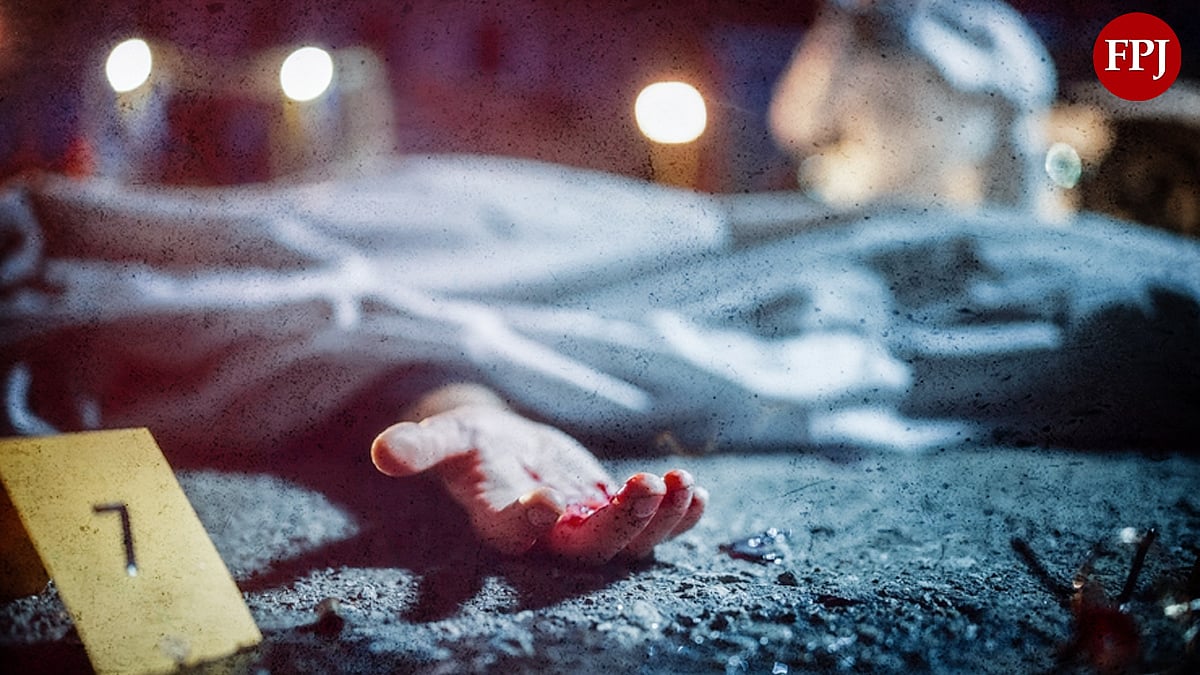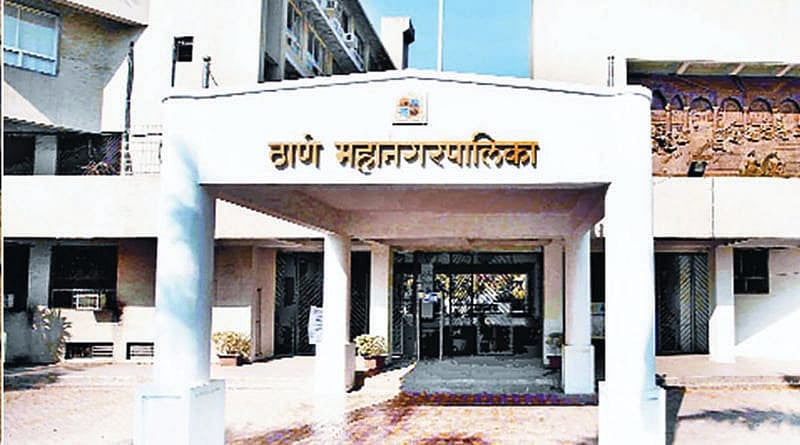COVID-19 is a disease caused by the coronavirus and has its origin in China. This novel coronavirus was first identified in Wuhan, the largest urban area in China’s Hubei province, and was first reported to the WHO Country Office in China, on December 31, 2019. On January 30, 2020, the WHO declared the COVID-19 outbreak a global health emergency.
The coronavirus pandemic has stirred death, destruction and upheaval across the world, and the outbreak of COVID-19 brought social and economic life to a standstill. To combat the disease, the Government of India imposed a complete lockdown in the last week of March 2020 in most districts of the 22 States and Union Territories where confirmed cases had been reported. Since then, the Government of India has claimed success in the fight against the coronavirus pandemic, stating that the number of cases would have been more if the nationwide lockdown had not been imposed. However, with the recent number of COVID-19 positive cases having surged and with economy in doldrums, we are more inclined to not accept this theory of success.
On March 22, India observed a 14-hour voluntary public curfew at the insistence of Prime Minister Shri Narendra Modi. It was followed by a 21- day nationwide lockdown from March 24 2020. Following PM Modi’s announcement on March 24, 2020, the Centre had cited “lack of uniformity in measures adopted by states as well as their implementation” as a reason for ordering the pan-India lockdown. The lockdown was ordered through the National Disaster Management Authority (NDMA), under the powers under section 6(2)(i) of the Disaster Management Act, 2005.
On April 14, 2020, India extended the nationwide lockdown until May 3 2020 which was followed by two-week extensions starting 3 and 17 May with substantial relaxations. From June 1, the Government started “unlocking” the country (barring “containment zones”) in three unlock phases.
A lockdown is an all-pervasive order involving restrictions upon a bundle of civil liberties. The freedom of movement, freedom to carry out one's profession, trade or occupation of choice, and freedom to reside in any part of the country constitute the first layer of curbs in a lockdown.
The second layer of curbs is born out of instances of extravagance while implementing the first layer, thereby leading to a direct violation of the otherwise faceless right to life and personal liberty.
What makes this scrutiny of lockdown of utmost importance is the fact that the power of state to order a lockdown and rights of citizens to resist disproportionate curbs on their civil liberties are both born out of the same document, the “holy document” in the words of Justice Rohinton Nariman. The examination, thus, lies within the Constitution of India.
It is pertinent to note that the guidelines restricting freedom of trade/occupation/profession have been framed under the National Disaster Management Act, 2005. Notably, these guidelines do not put a direct restriction on the freedom of movement. The movement of citizens is restricted through a web of executive orders passed under Section 144 of the Code of Criminal Procedure, 1973 coupled with the addendum issued by the Home Ministry and read with the colonial era Epidemic Diseases Act.
Any person who is deprived of his right to livelihood except according to the just and fair procedure established by law can challenge the deprivation as offending the right to life conferred by Article 21.
One would have assumed that when the Government of India, under the Disaster Management Act 2005, declared a countrywide lockdown, to pause the spread of COVID-19, they would have felt obliged, under the settled law of Olga Tellis, to compensate those whose livelihood would be affected by this lockdown.
However, without notice, choice or any warning, lakhs of people were deprived of their livelihood almost overnight. Many who earned daily wages were rendered homeless and hungry and began walking home to their village. Others insecure about month-end wages, joined this long march to security. This exodus of workers to their villages invited a direction to the state governments to provide them food and shelter, yet no assurance of any kind of compensation was given. The Supreme Court, when Petitioned, choose to dismiss the petition, with an imperious remark that “if provided food, what need did people have for a wage?”
With all humility, such dismissal appears to ignore, the law settled by a Constitutional Bench of the Supreme Court in Olga Tellis, that, “any person who is deprived of his right to livelihood except in accordance with a just and fair procedure established by law can challenge the deprivation as offending the right to life conferred under Article 21”.
The Court was obliged to test “whether citizens had been deprived of their livelihood in a just and fair manner" and whether the state was obliged under Article 21 of the Constitution of India to pay citizens a compensatory minimum wage, if, as a result of directions under the Disaster Management Act, 2005, they were deprived of such livelihood.
Not only did the Court ignore its obligation to examine the scope of power under the Disaster Management Act to ensure it is not ultra-vires the mandate of Article 21, but the Court also did not even examine, whether the procedure established by law, under the Industrial Disputes Act was being enforced for the workers employed in the organized and unorganized Industry.
The Hon’ble Court of Law cannot remain a mute spectator to the high handedness of the state and historically courts have always come forward to protect the rights of people. For a common man, the court still remains a last resort and it is for the court to come forward and hold the hand of people in general and poor and needy in particular. The Dharmaraj has to protect the Dharma as enshrined in the constitution.
Rakesh K. Singh is an Advocate by profession and is the Founder Head of Law firm RKS Associate. He is also the Founder Head of NGO - Bharat Utthan Sangh. All views expressed in this article are his own.






